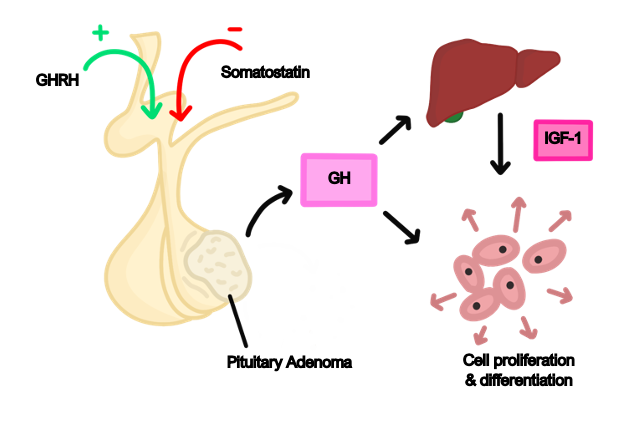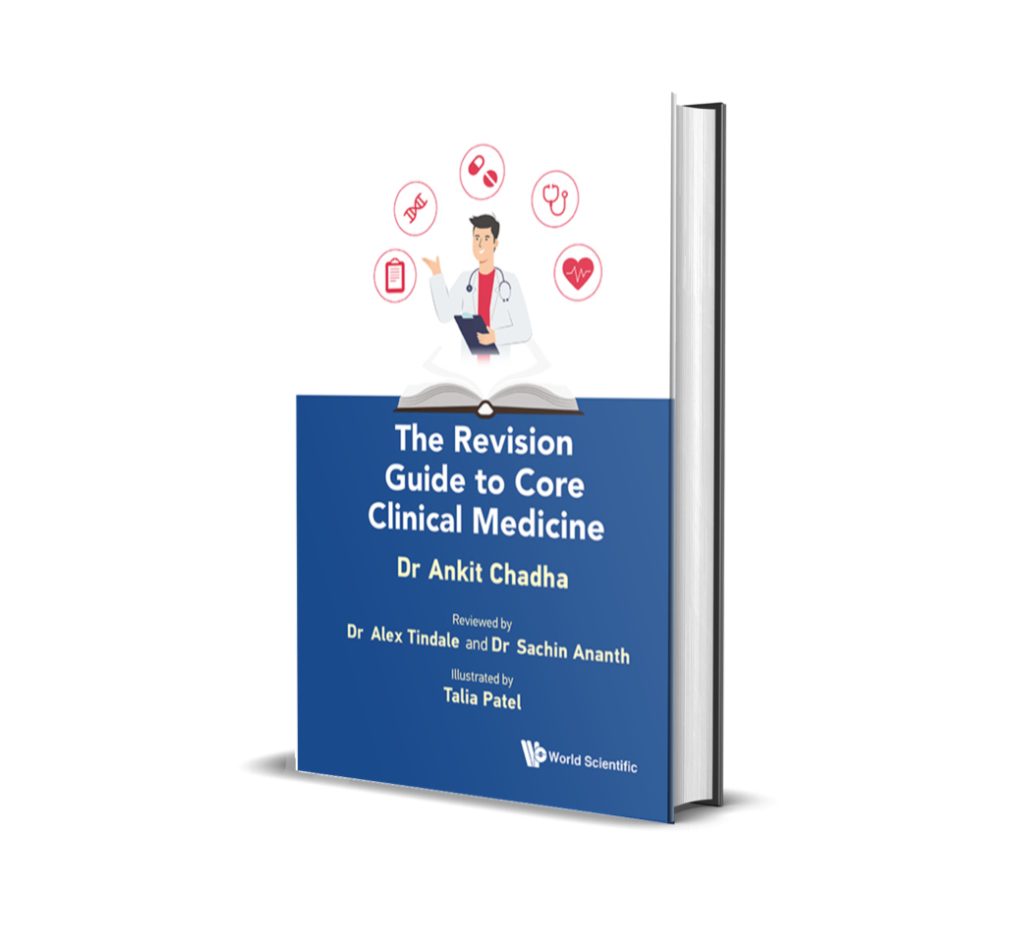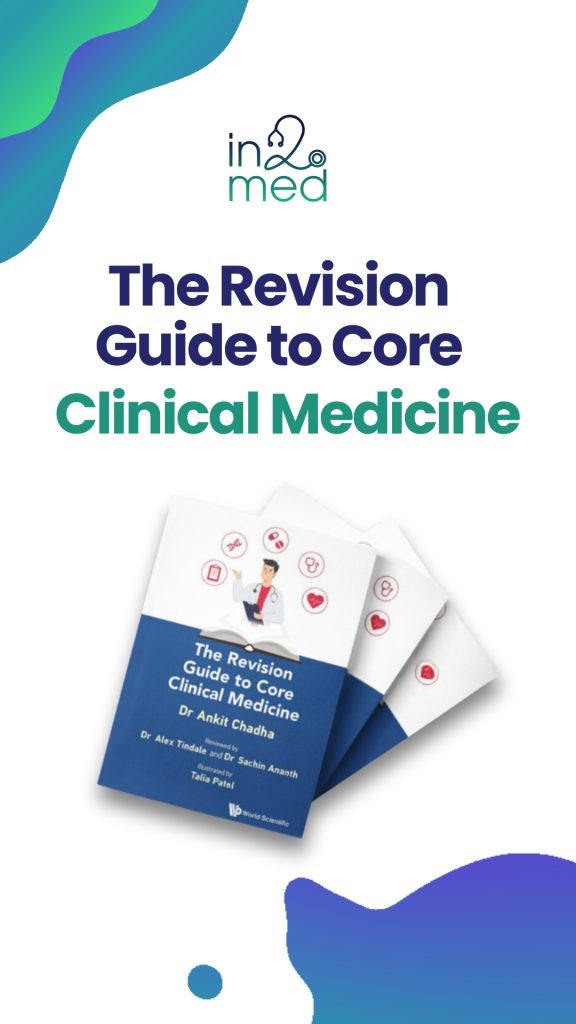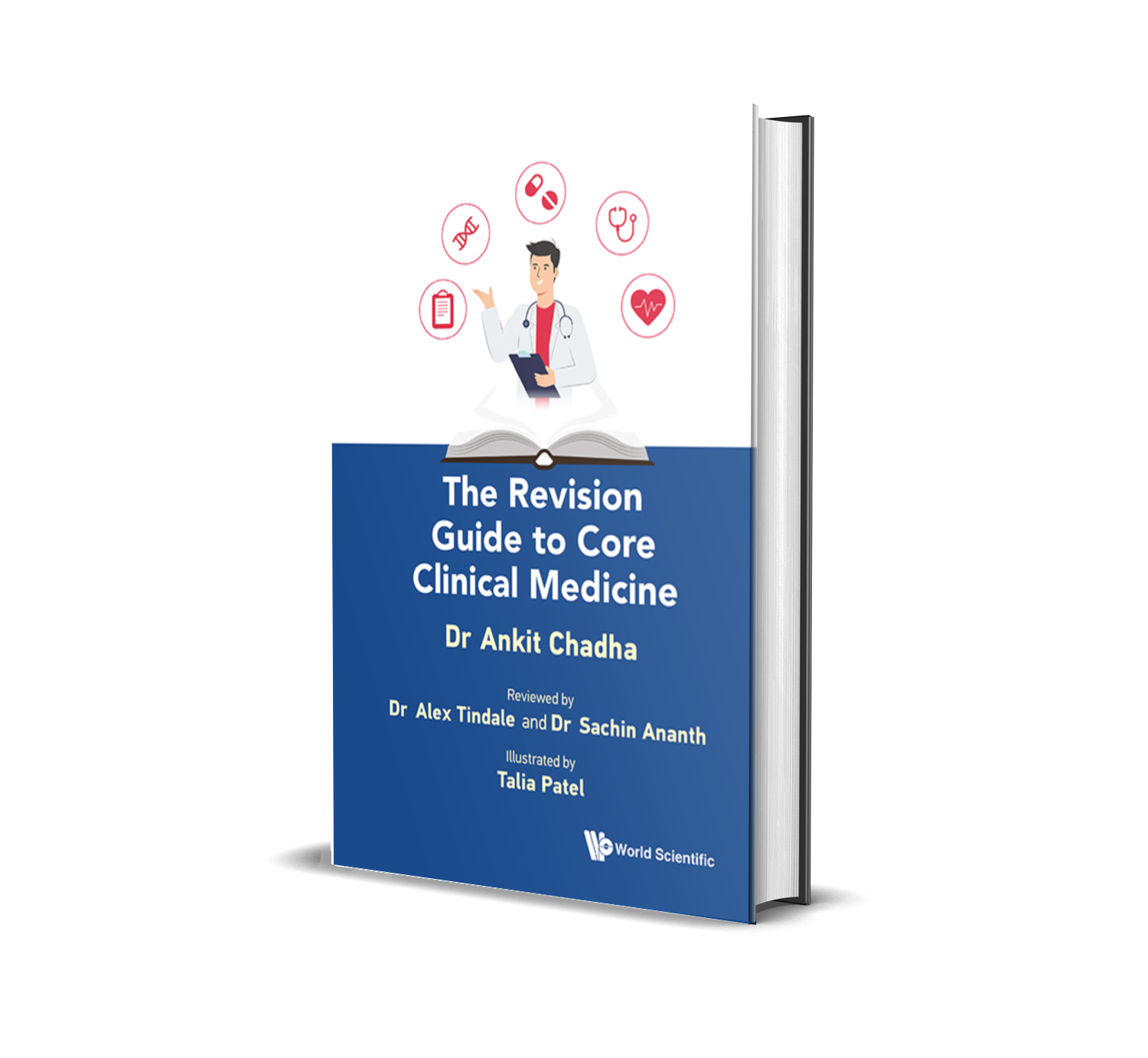Pituitary Gland Drugs
DRUGS AFFECTING THE POSTERIOR PITUITARY GLAND
ADH (Vasopressin) affecting drugs
Desmopressin
This is an ADH mimic that has higher activity on V2 receptors in the collecting tube than V1 receptors.
It is used as a treatment for neurogenic/cranial diabetes insipidus.
It is also used for nocturnal enuresis by reducing night-time urine production.
It treats Von Willebrand disease as it stimulates production of factor VIII.
Terlipressin
This is an ADH mimic with a higher affinity for V1 receptors.
It causes vasoconstriction of arterioles especially supplying the gut.
It is used in the treatment of portal hypertension as well as a vasopressor to treat noradrenaline resistant hypotension.
Vaptans – Conivaptan, tolvaptan
These are antagonists of ADH receptors, which are used to treat SIADH.
Conivaptan blocks both V1a and V2 receptors non-specifically to treat SIADH.
Tolvaptan is a selective V2 receptor antagonist to treat SIADH.
Syntocinon
This is a man-made chemical that is identical to a natural hormone called oxytocin.
It stimulates uterine contraction and is used for the induction and maintenance of labour, as well as stimulating milk ejection from the breast.
It is a first-line drug to control postpartum uterine bleeding.
Side effects
Water reabsorption
Hypertension
DRUGS AFFECTING ANTERIOR PITUITARY GLAND
Drugs influencing Prolactin
Prolactin secretion is also affected by drugs used on the central nervous system which affect dopaminergic activity, including antipsychotics and antidepressants.
As prolactin secretion is inhibited by dopaminergic neurones, we can utilise dopaminergic agonists to inhibit prolactin secretion.
Bromocriptine, Cabergoline
These are dopamine D2 agonists which can act within the central nervous system.
They are used to inhibit prolactin secretion which is useful in the treatment of galactorrhoea and amenorrhoea, secondary to prolactin-secreting tumours.
Drugs influencing Growth Hormone
Somatostatin analogs – Octreotide, lanreotide
These mimic the role of somatostatin to inhibit growth hormone release.
They are used to treat acromegaly due to their negative feedback effects on the section of growth hormone.
They also cause an inhibition of GI secretions, decrease GI motility and inhibit gallbladder secretion, so are often used after pancreatic surgery.
They are also used to treat VIP-secreting tumours like gastrinoma/glucagonoma.
Side effects
Vitamin B12 Deficiency due to decreased release of intrinsic factor

GH antagonists – Pegvisomant
This is a growth hormone antagonist that is used for the treatment of acromegaly.
It opposes the peripheral actions of growth hormone, but it is not effective in helping to decrease the size of the pituitary tumour.
Somatotropin
This is a synthetic version of growth hormone which is administered via injection.
It is used to stimulate growth in people with GH deficiency and Turner syndrome.
Disclaimer




